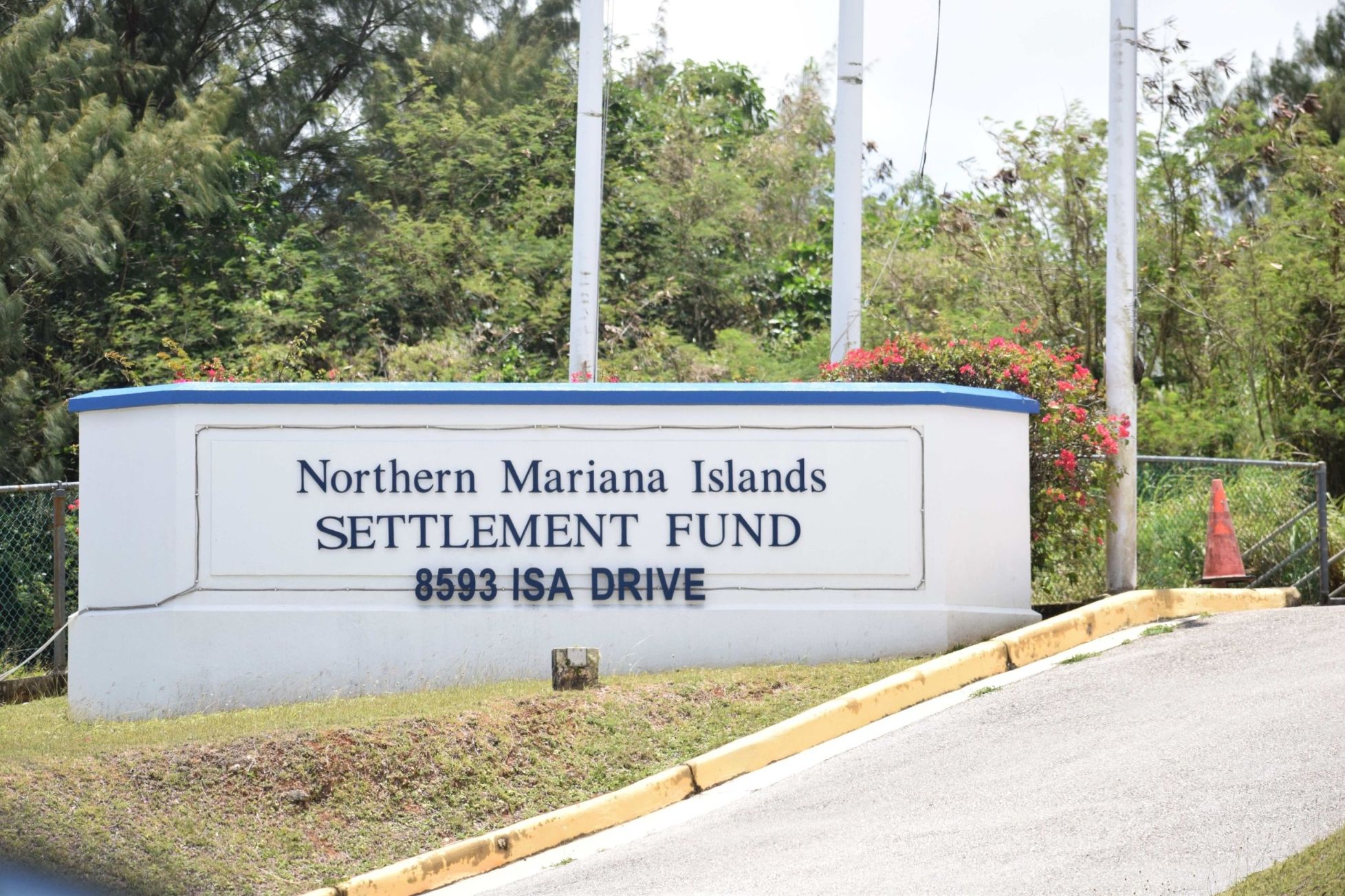SENATE President Jude U. Hofschneider, in his capacity as acting governor, on Friday signed House Bill 22-102 into law to exempt the Commonwealth Ports Authority from the 1% public auditor’s fee.
Authored by Speaker Edmund S. Villagomez, the measure is now Public Law 22-18.
It states that “this exemption does not apply to CPA’s seaport revenues or any other non-airport related funding sources of CPA. Provided, that the Office of the Public Auditor may charge the Commonwealth Ports Authority a reasonable rate for any services rendered to CPA, including services related in whole or in part to CPA’s airport operations and funding, and CPA shall pay OPA for these services no later than the end of the fiscal year following the year in which such service was requested or performed.”
The measure was opposed by Public Auditor Kina B. Peter who told lawmakers that approving it without a definitive answer from the Federal Aviation Administration regarding the supposed non-compliance with the revenue diversion statute, as claimed by the CPA, “does not represent good governance.”
P.L. 22-18 states that the CPA “is an autonomous agency that plays a critical role in managing the Commonwealth’s airports and seaports. The CPA is not funded primarily by legislative appropriations, and instead relies heavily on federal grants as well as revenues generated from fees and rents. The Legislature recognizes that federal law and federal grant assurances require the use of airport revenues for airport operations, maintenance, and capital improvements, and prohibit the diversion of airport revenues towards non-airport related operations and activities.”
The new law further states that “CPA and federal grantors have expressed concern that the payment of the 1 % Public Auditor Fee from CPA’s airport revenues may constitute unlawful revenue diversion and could lead to CPA’s placement in non-compliance with federal grant conditions, as well as sanctions. Federal grant conditions do, however, permit CPA to pay for OPA services from airport revenues in connection with airport operations, provided that payments are calculated and documented pursuant to an approved cost allocation plan.”

Jude U. Hofschneider











